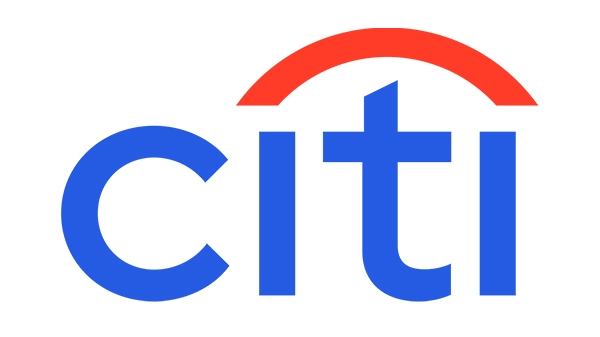
Government Bonds, Electronic System for Secondary Market Trading.
Government Bonds, Electronic System for Secondary Market Trading.
The Trinidad and Tobago Stock Exchange (TTSE) introduced an electronic system for secondary market bond trading from November 2007. This system allows Exchange Members to enter their orders, and those of their clients, directly from their desks to the TTSE. These buy or sell orders are automatically matched and trades completed at the TTSE.
The trading system at the TTSE is linked to an electronic depository at the Central Bank. Once a trade is completed at the TTSE, an instruction is sent to the depository which records the changes in ownership on settlement date at the same time with the transfer of funds from the buying Exchange Member to the selling Exchange Member. To accommodate the latter, all Exchange Members must maintain trading accounts at the Central Bank.
Holders of certificates for Government bonds must first deposit their certificates with the depository at the Central Bank in order to sell their bonds on the electronic platform. This means that these bonds must be de-materialized, that is, paper certificates would be replaced by the electronic database at the Central Bank and the bond certificate cancelled. Investors will receive regular statements from the depository on their holdings.
In order to trade a Government bond on the TTSE, the bond must be recorded at the electronic depository at the Central Bank. Bondholders wishing to sell their bonds must therefore ensure that these are registered in electronic form at the Central Bank. The arrangements for trading are as follows:
The investor goes to an Exchange Member and completes the client account documents and gives written instructions to the institution by way of a standard form.

The Exchange Member then enters the order (the instruction to either buy or sell bonds) from its office into the electronic trading system at the TTSE. For a buy order, the Exchange Member will verify the source and amount of the client’s funds required for the transaction. For a sell order, the client’s holdings in that bond will be verified.

A trade takes place when independent buy and sell orders are matched on the TTSE. This means that a trade will occur when two independent parties have each entered corresponding buy and sell orders for the same bond.
On settlement date, the transaction is settled, that is, the payment is made, and the depository is updated simultaneously with the change in ownership. The Exchange Member completes the transaction with his customer.

The trade date is the date on which a trade occurs, i.e. when a buy order and a sell order are automatically matched at the TTSE.
The Settlement date is the day when the actual payment of funds due from the trade and the transfer of ownership of the bond are done. For the time being, the settlement date will be two (2) working days after the trade date. This is referred to as settlement on ‘T+2’. On the settlement day a cash payment must be made by the buying Exchange Member to the selling Exchange Member for the accounts of their clients.
Government bonds are quoted at a price per $100.00 face value. For instance, if an investor sells $5,000.00 face value of a GORTT bond at a price of 98.775, the cost of purchasing these bonds will be:
(98.775/100) x $5,000.00 = $4,938.75 [1]
This price does not include accrued interest on the bond and is called the clean price.
Government bonds pay interest periodically (usually on a semi-annual basis). For secondary market trades that occur during the period prior to or between interest payments, a buyer of a bond must pay the seller both the clean price as well as the accrued interest. The interest earned between the last coupon or interest payment date and the settlement date of a trade is called accrued interest. This is paid because the buyer will receive the full coupon due for the period from the last interest payment date to the next.
($5,000.00 x 8.00%) x 31/365 = $33.97 [2]
For instance, if $5,000.00 of the above Government bond, with a coupon rate of 8.00% and interest dates of June 30 and December 31, is traded on July 31, the accrued interest will be determined for the period July 1st to 31st, or thirty-one days. The accrued interest due is calculated as:
The accrued interest will be calculated by the Stock Exchange. The full payment or settlement value is referred to as the dirty price and is computed as follows:
[1] $4,938.75 + [2] $33.97 = $4,972.72
This settlement value will be included in contract notes issued by the selling and the buying Exchange Members to their clients. The contract notes will also confirm the trade date and the settlement date, and any other fees charged by the Stock Exchange or the Exchange Member for their services, and any taxes payable on the transaction.
The last trade price, the highest unfilled bid (or buy order) price and lowest outstanding offer (or sell order) price for each bond will be published on the following day. The details of all the bonds listed for trading on the Stock Exchange can be obtained from Exchange members and the Central Bank.
Institutions Authorised to Trade in GORTT Bonds



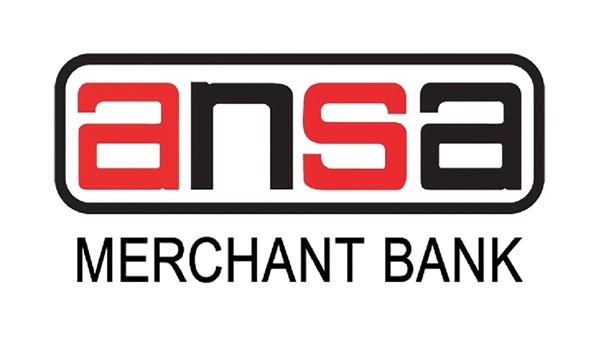

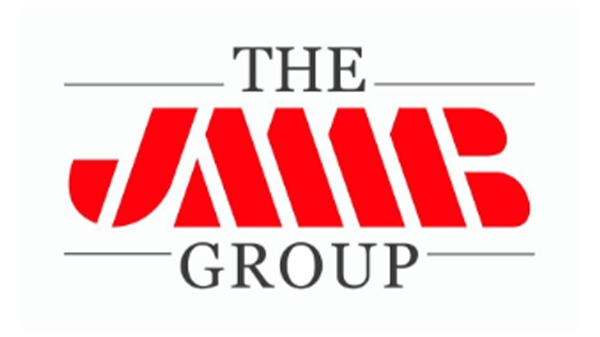
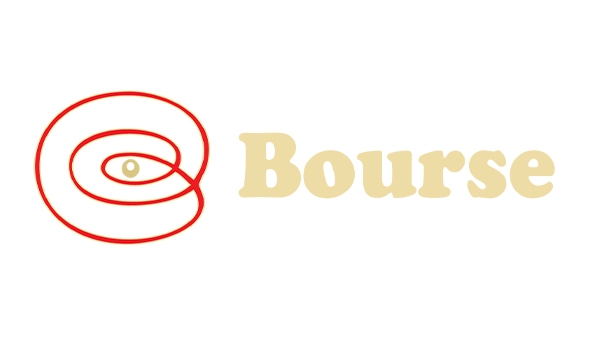
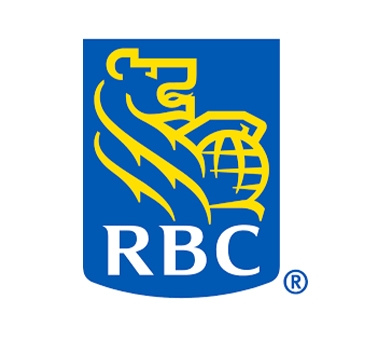


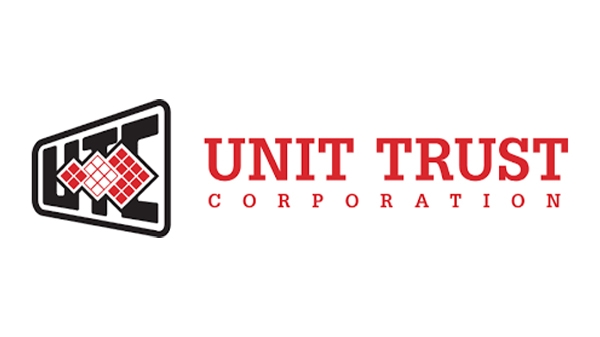


West Indies Stockbrokers Limited

Caribbean Stockbrokers Limited

JMMB Securities (T&T) Limited
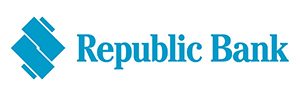
Republic Trustee Services Limited

Bourse Securities Limited

First Citizens Brokerage and Advisory Services Limited (“FCBAS”)

ANSA Merchant Bank Limited

Citicorp Merchant Bank Limited

First Citizens Bank Limited

JMMB Group

Trinidad and Tobago Unit Trust Corporation

RBC Merchant Bank (Caribbean) Limited

Scotiatrust and Merchant Bank Limited

First Citizens Investment Services Limited

Republic Bank Limited
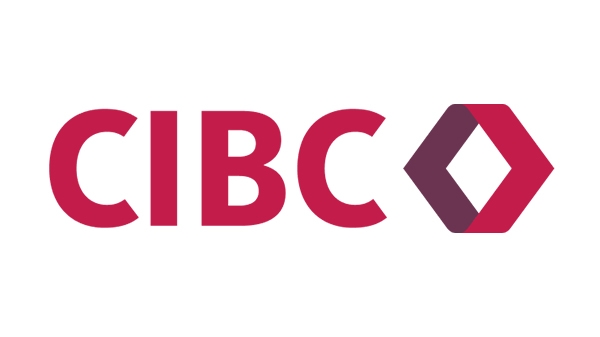
CIBC Caribbean Bank (Trinidad and Tobago) Limited